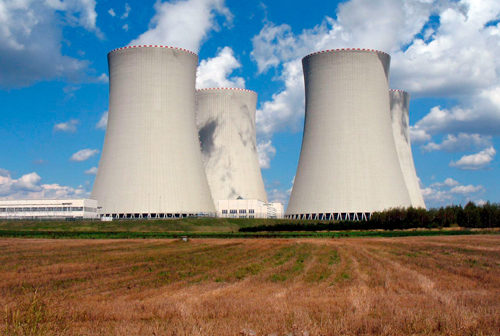Playing at Saving the World
Smoggy days make most Beijingers miserable. But Nathaniel Brown, like any adept educator, can peer through that haze and see a valuable teachable moment. The head of computing and ICT (Information Communication Technology) at British School of Beijing Shunyi says there are numerous online games that can help Beijing students learn important lessons about their environmental futures.
Specifically, Brown recommends Electrocity (http://www.electrocity.co.nz/), an online game that tasks players with powering a town and saving the environment; and Third World Farmer (http://3rdworldfarmer.com/), another online game in which players must avoid fertilizer and pesticides while cultivating crops.
“I often find that students enjoy playing games long after the class finishes. Students generally work hard to win,” he says, adding that the games’ narratives show that the option that damages the environment is not a good long term solution.
Brown says both games are fun and educational, but adds that they aren’t perfect by any means, explaining: “Both Electrocity and Third World Farmers are only online. It would be better if they created an app so they could be played offline.”
Still, he recommends parents show both online games to their children, before searching for other games that best suit their kids’ interests and the ecological lessons that those moms and dads want to impart. He adds: “It doesn’t matter if they are mobile apps, online resources or traditional applications – I think that parents should research the best resources possible.”
Trending Smog
Aside from being a health hazard, Beijing’s smog also botches parents’ plans. Indeed, health conscious moms and dads hoping to protect their children from hazardous PM2.5s are frequently dismayed at having to cancel outings, activities, and events whenever the capital’s pollution closes in. However, Thomas Burns, design and technology teacher at Yew Chung International School of Beijing, says there’s a simple high tech solution to parents’ pollution woes: Breathing Space, an app which connects to Origin’s Laser Egg, a device that measures the pollution levels in the user’s home, before displaying the real time results on its smart phone app. Aside from its accurate current readings, Burns says he also enjoys Breathing Space’s ability to “show me the change in pollution level over the course of the day, so I can see whether it is on a downward trend, remaining steady, or rising.”
Burns adds that “Most similar apps give you the PM2.5 reading and some of them indicate whether or not you should wear a mask.” He advises parents to carefully peruse the wide range of pollution reading apps and gadgets that are now available, as part of broader air quality research that is all but a prerequisite for Beijingers. He also suggests parents “understand what steps need to be taken to reduce exposure, and make a decision about the pollution level at which you would not venture outside.”
He adds: “New arrivals in Beijing would benefit from spending time researching the effects of the pollution on themselves and their families. Understand what can be done to reduce pollution levels in your house, particularly on days where the pollution level is extremely high.”
This article originally appeared on page 41 of the beijingkids March 2016 issue. Click here to read the issue for free on Issuu.com. To find out how you can get your own copy, email distribution@truerun.com.
Photo: PUBLICDOMAINIMAGE.COM




